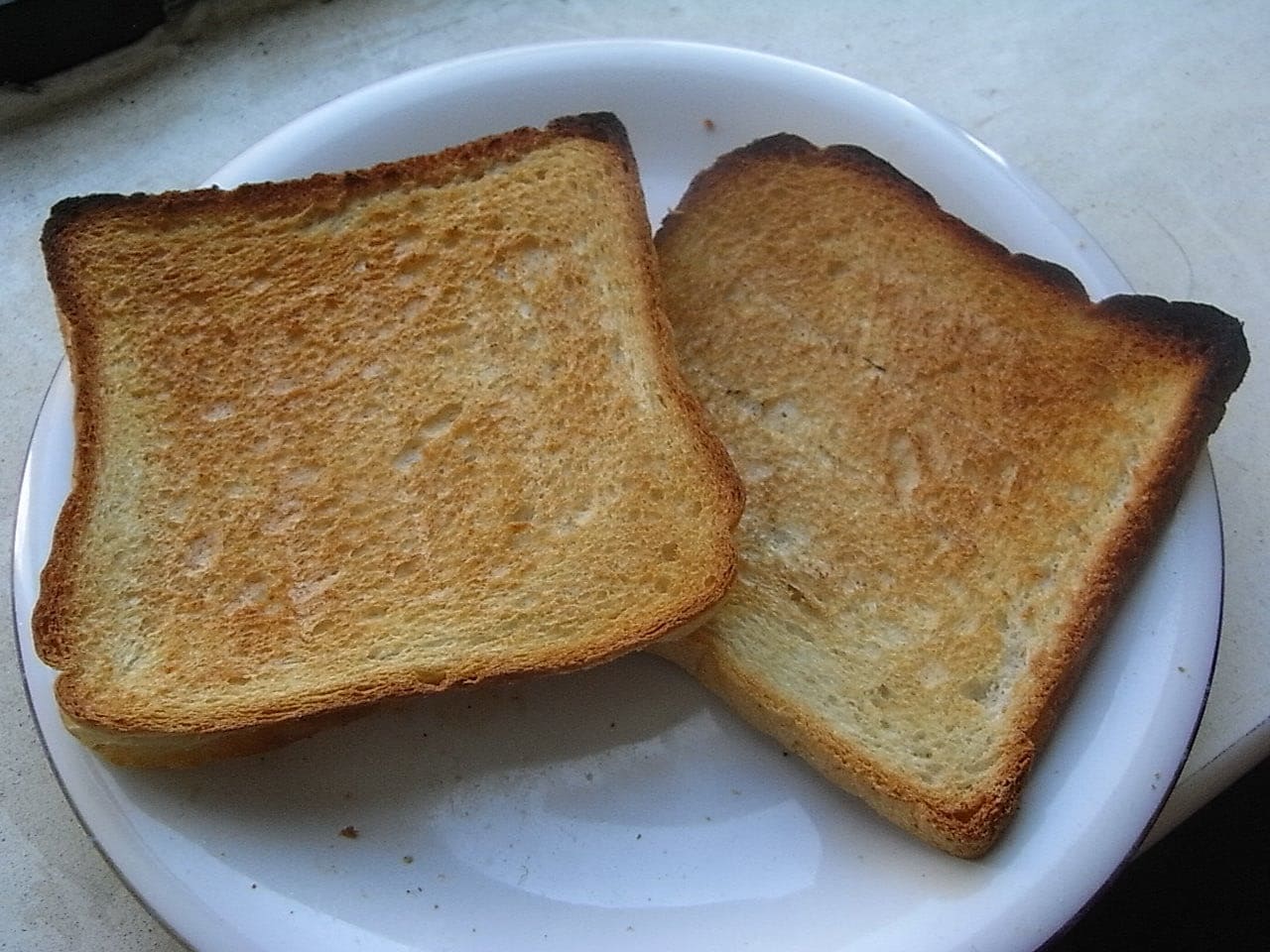A Ragged Shirt and Toast Crust: Raising Successful Children
We want to give our children the best that we can give them. But what exactly makes children successful?
Talk to child development experts anywhere in the world today, and the words that will be on almost all of their tongues are “overindulgent” and “overprotective” parenting.
Over the last few decades, the natural parental drive to help children succeed has transformed into an almost irrational desire to shield kids from any discomfort that might momentarily undermine their happiness. That, however, is being deeply criticized in child development circles as ultimately impairing children’s chances at success.
Classical Muslim scholars would agree.
Keep it simple, make them successful
In the tradition of Islamic scholarship, countless texts have been written on the best practices of raising successful children.
One of the most important of those works is the poem by the tenth-century Shafi’i scholar, Imam Muhammed b. Ahmad b. Hamza al-Ramli. I came across the poem in SeekersHub’s course Islamic Parenting: Raising Upright Children ,which is based on that work and its commentaries.
Throughout the course, I saw Imam al-Ramli’s text directly address the issues that contemporary child development experts have highlighted as deep problems in parenting today; warning parents against letting children live in an atmosphere of overprotection and overindulgence.
Imam al-Ramli offers some practical, everyday examples on how to keep children from being given too many comforts, which will help them become more resilient to the ups and downs of life, as well as instilling concern for those less fortunate than them—ultimately making them more successful in this life and the Hereafter.
Below are two excerpts from the poem that present some of those examples. While they may seem very basic, they show that big lessons can come in small packages.
Dress for…success?

Credits: Joel
Imam al-Ramli recommends that clothes and sleeping arrangements—often status symbols in society—be kept simple.
“Their body isn’t clothed in the best clothes,
All the time, nor their bedding always made soft”
While children’s clothing should generally be becoming and clean, wearing an old shirt every once in a while will help the child learn to not be overly attached to beautiful things.
SeekersHub instructor Shaykh Faraz Rabbani explained, or to associate the value of a human being with the type of clothing they can afford. If they ever end up in a situation where they cannot afford a certain standard of living, they will likely be much less affected by the lack of those things than people who expect nothing less than total comfort and a high level of luxury.
Additionally, children who are overly attached to the beautiful things of this world begin to chase material gain at the expense of working towards pleasing God. Parents can weaken this attachment by gently taking away some of those beautiful things periodically.
Of course, this must be taken with balance, emphasized Shaykh Faraz.Dressing in less than beautiful clothing is something to be done only occasionally as part of a regimen to break the ego. The standard clothing a Muslim should wear generally should be neat and comely in accordance with the practice of the Prophet. In addition, dressing shabbily in our society can lead to being perceived as unprofessional or uncaring. However, a good balance should be cultivated between being joyful of Allah’s blessings, and being humble.
The most important thing to remember is that children learn from parental leadership. Parents must ensure to incorporate these guidelines into their own lives, showing the same self-control, humility, and gratitude they wish to see in their children.
Feeding Frenzy: Are we setting them up for failure?
In another section, Imam al-Ramli discusses simplicity in food; an issue high on the mind of many parents dealing with a generation marked by notoriously picky eaters.
“[Children should be] eating the dry parts of food
To become accustomed to dry food without sauce.”

Photo credit: Isriya Paireepairit
Here, Imam al-Ramli indicates that it is important to not always give a child what he or she desires in terms of food. In many Eastern cultures, a typical meal consisted of some bread or cooked grain served with a stew or sauce. To just have the plain bread or grain was considered less than luxurious – it was what many of the poor ate. It was also more difficult to chew and consume because of its dry, hard texture.
SeekersHub instructor Shaykh Faraz here explained that by keeping children from becoming accustomed to having what they desire every day, they learn self-restraint and self-control, which are critical characteristics in successful people. They also learn to not become too attached to a certain level of lavishness that leaves them looking down at those who cannot attain that level or feeling paralyzed when confronted with a situation in which they themselves cannot attain it.
So, should we move into a cave?
While not all of us may subscribe to the grain-and-sauce mealplan, the Imam’s advice can be applied in other ways, such as occasionally preparing a very basic meal of plain whole-wheat pasta or even just keeping the crust on our children’s sandwiches.
Yes, even if they complain it’s too dry to eat.
By giving them less than what they desire every once in a while, our children learn to truly appreciate delightful food, clothing and other such blessings when they are next available and to give thanks no matter how much or how little they have.
How do I raise successful children?
To learn more about Imam al-Ramli’s advice for parents who want to raise balanced and successful children, sign up for SeekersHub’s free course on Islamic Parenting: Raising Upright Children, this upcoming term. It offers access to other great tips and guidelines for raising upright children.
By Nour Merza
Resources for Seekers
- Raising Muslim Children in an Age of Disbelief
- Parenting: Planting the seeds of prayer in our young ones
- How To Make the Prophet Muhammad Real for Small Children
- Free SeekersHub Course: Islamic Parenting: Raising Upright Children
- Raising Children With A Sound Heart – Shaykh Yahya Rhodus
- VIDEO PLAYLIST: Prophetic Advice For Raising Righteous Children
- The Powerful Dua of a Parent
- Raising Muslim Children On The Straight Path
- Raising Children with Deen and Dunya
- On Parents Showing Righteousness to Children
- Traditional Methods of Raising Children
- Explaining a Hadith on Disciplining Children
- Playing with your Children – Advice fromHabib Umar bin Hafiz
- Islamic Parenting: Ten Keys to Raising Righteous Children
- How The Prophet And The Companions Raised The Best Of Children
- The Prophet Muhammad’s Love, Concern, & Kindness for Children
- How Do I Protect my Children from Bad Influences in Society?
- Helping our children find the light in dark times
- Struggling to Have Children: Ten Key Etiquettes of Du’a
- Rights of Children in Detail
- Infertility: Why does Allah Not Bless Some With Children?
